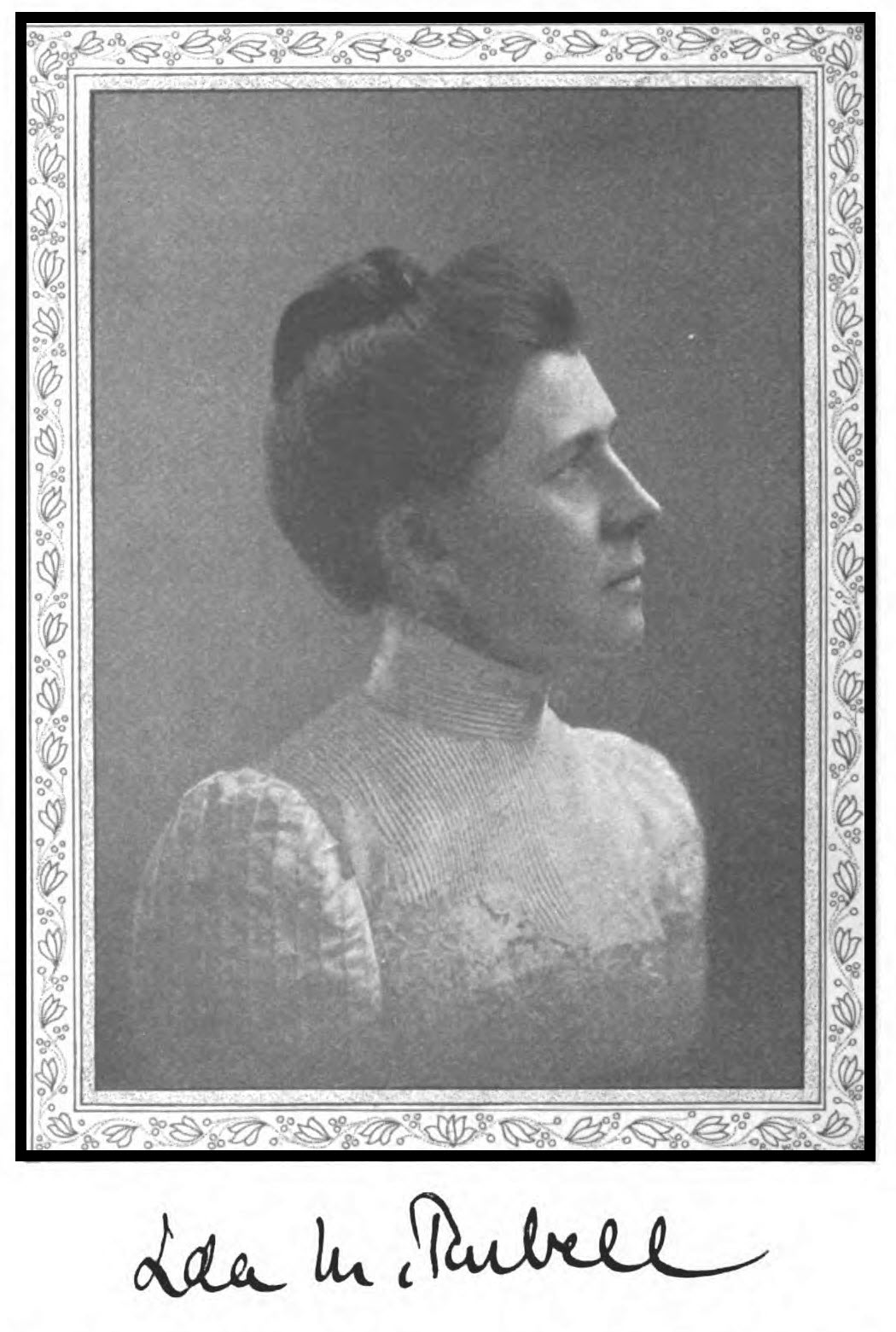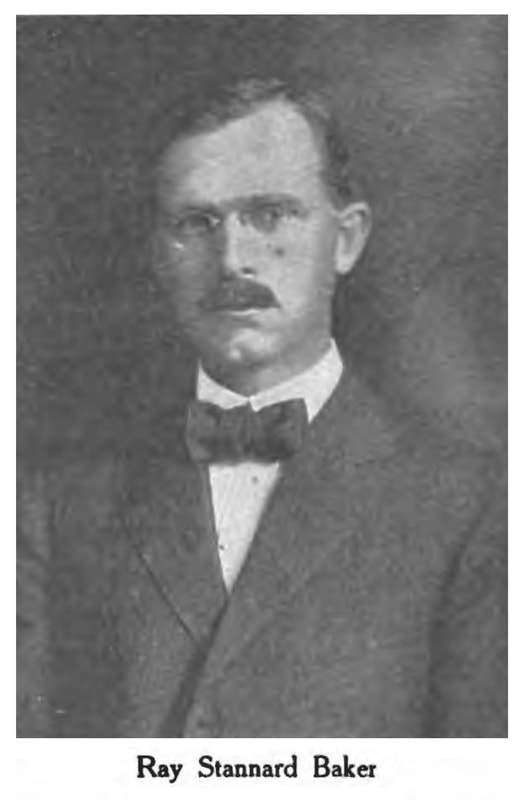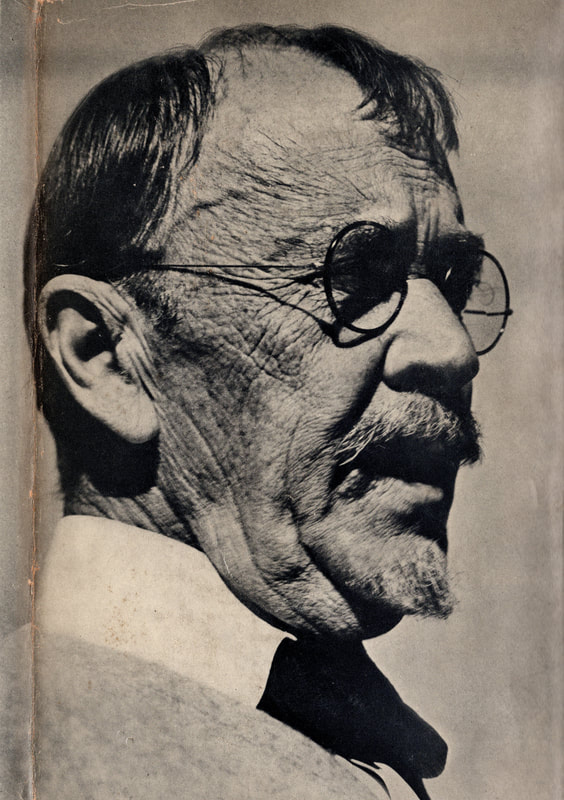American Journalist / Muckraker Bibliography Home Page
|
|
Date Published: June 4, 2021
Date Modified: February 5, 2024 |
These writers, researchers and journalists would never work for Yahoo News—regurgitators of the research of others. Their integrity and work ethic demanded originality of thought and the complete dissection of facts down to fundamental truths. These writers believed that their work should be held to a standard to which the “wise and honest” can always return—without compromise. [Footnote #1]
This is not to say they were perfect, but they put their heart and soul into their work and their intellect shows in their results.
Theirs was an exceptional style of journalism.
This is why I highlight them here.
This is not to say they were perfect, but they put their heart and soul into their work and their intellect shows in their results.
Theirs was an exceptional style of journalism.
This is why I highlight them here.
Peter E. Greulich, Author and Self-Publisher
Journalist / Muckraker Bibliography
The McClure's Magazine Muckrakers / Journalists and Authors
Although, Ida Tarbell did not care for the title of "muckraker" that is how most American's know her and her two associates. These three were peers, fellow employees of McClure’s Magazine, and finally, joint owners in The American magazine. They have all written autobiographies as well as numerous books and articles—many of which are reviewed on this site.
|
Journalist / Muckraker |
Journalist's Home Page or Individual Book Reviews |
|
Ida M. Tarbell
|
I believe I have read and now reviewed all her works. An amazing woman who, although she didn’t stand alone, stood higher, straighter, and stronger in her convictions than most anyone.
Although she is known for her non-fiction writings, she wrote a single fiction book: "The Rising of the Tide: The Story of Sabinsport." I highly recommend it. |
|
Ray Stannard Baker
|
|
|
Lincoln Steffens
|
|
Reporters on Industrialists, Politicians and American Culture
Journalists work in many fields and follow different disciplines in their writing. I haven't found any record that these three knew each other, but they were premier in their respective fields. I believe I will find their mutual admiration documented somewhere ... someday.
|
Samuel Crowther: Journalist and Biographer
|
A reporter, writer, biographer, and editor to many of the country’s greatest industrialists. His work at System, The Magazine of Business gave him access to the top corporate and political leaders of the time. He is probably one of the most unsung commentators on the leadership of the early 20th Century Industrial America.
|
John Gunther: Journalist, Reporter and Author
|
John Gunther’s chief ambition was to go abroad. He appealed to the Chicago Daily News for work in the foreign field, but seniority rules prevented the paper from sending him overseas. . . . He resigned and caught a boat to England, where he went to work for the Chicago Daily News’ London office. … He was discovered, and asked to resign—he did, but then the paper, after a few months, rehired him based on the quality of his work at the United Press.
|
Mark Sullivan: Reporter and Author
|
A reporter who turned his years of access to presidents, businessmen, politicians, and celebrities into a hallmark analysis of the changes in the United States of America from 1900 through 1925. His goal: to follow an average American through this quarter century of our country’s history, to re-create the flow of the days as the average American saw them, to picture events in terms of their influence on him, his daily life and ultimate destiny.
|
William Allen White: Editor, Author and Reporter
|
“Woodrow Wilson’s place in the history of the world will not be determined by his character. … The relation between character and fame is not of first importance. … Alas, for predictions which are fathered by our desires and mothered by our hopes, fame does not come when a man’s fellow citizens summon it to him. Whether or not Wilson will live as a world figure depends, not so much upon what work he has done as upon what the chance of time and circumstance will do with his work [The League of Nations]. …
“He must live or die in world fame bound up in the League of Nations. If that stands, he may tower beside it as the Washington of a World Federation. If the League of Nations crumbles … then Wilson will become one of the host of good men who spent their zeal striving for futile things.”
“He must live or die in world fame bound up in the League of Nations. If that stands, he may tower beside it as the Washington of a World Federation. If the League of Nations crumbles … then Wilson will become one of the host of good men who spent their zeal striving for futile things.”
[Footnote #1] The Christian Science Monitor writes, “According to some historians, this ringing statement [of George Washington during framing of the Constitution of the United States] caused the framers of our Constitution to be more radical and to avoid compromising statements.”



